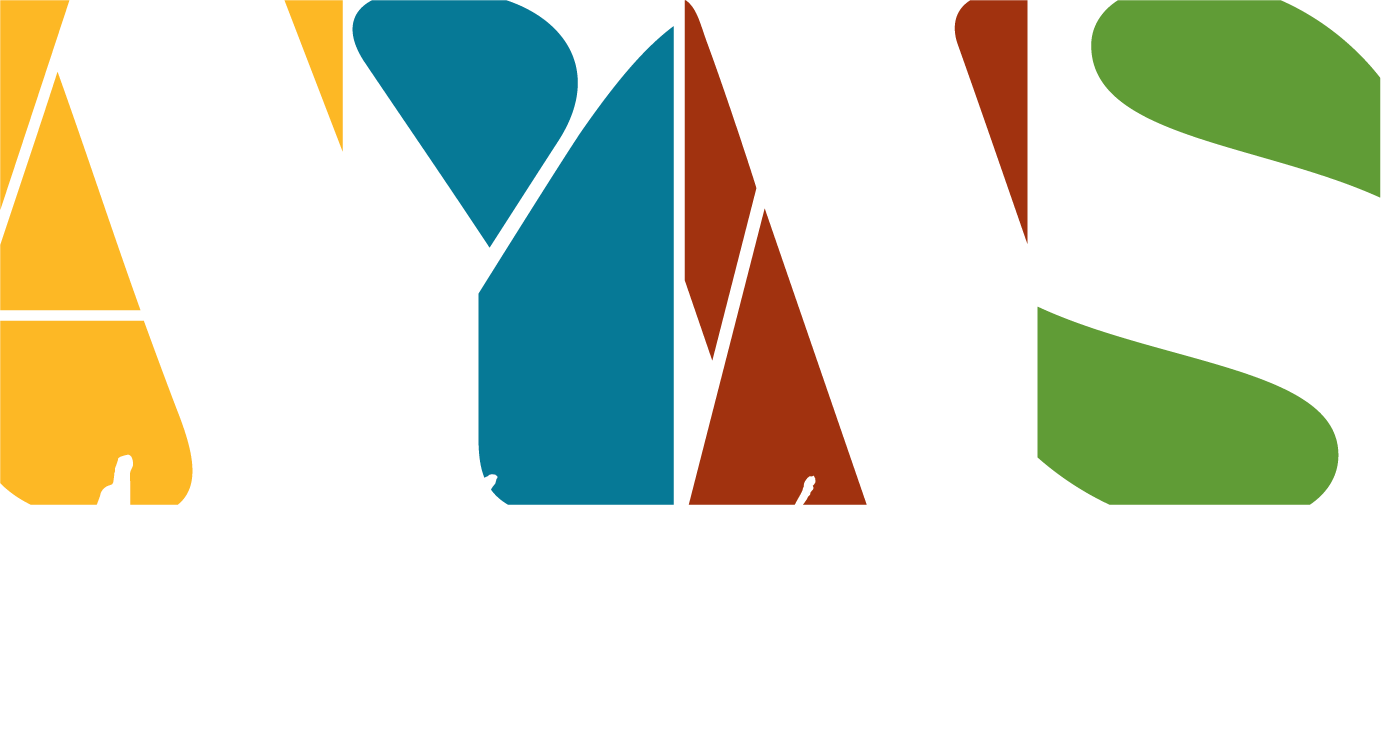Matthew Boyle
Trumpet, 2004 - 2005
Matthew Boyle, trumpet 2004-2005, earned a degree in music theory from the University of Georgia, followed by a Master of Music in music theory and Ph.D. in music theory from Indiana University. After all that time spent in school, he is back at school again, but now as an Assistant Professor of Music at the University of Alabama.
In addition to teaching music theory classes at the University, he also conducts academic research in his role. “As a trumpet player, my musical training brought me repeatedly to the hundreds of operatic tunes, solos, and duets found at the end of Jean-Baptiste Arban’s famous Method for Cornet. Now my academic research focuses on the history and analysis of the eighteenth and nineteenth-century operas where many of those melodies first appeared.” Matthew’s research with a colleague about recitative won the Society for Music Theory’s Emerging Scholar Award in 2017 and the Journal of Music Theory’s David Kraehenbuehl Prize in 2016.
Though he admits it’s been quite a while since he was in the ensemble, Matthew remembers Monday nights fondly as an opportunity to connect with new friends and (though he didn’t know it at the time) future colleagues. “For me AWYS created a broader sense of musical community than I had previously experienced. I loved being able to play with other young musicians from other parts of the state every Monday evening. I remember being amazed at the level of talent, wit, and musicianship found in our ensemble. Rehearsals were the highlights of my week. Today I’m amazed by where alumni of AWYS have been taken in life, some of whom are now my colleagues!”
In addition to the weekly rehearsals, Matthew recalls a particularly memorable experience rehearing and playing with trombonist Joseph Alessi. “It was thrilling as a high school student from rural Georgia to play with a musician who had such skill and artistry and who played in one of the world’s premiere orchestras!”
As a college music professor, Matthew teaches students just a year or two older than AYWS musicians and gets to see first-hand the positive effects of music on personal growth and development. “In the United States music is currently almost everywhere in our lives. Being able to sing or play music, instead of only selecting a playlist on Spotify or turning on the radio, I believe changes not only how we experience and consume music, but also how we interact with others. Being a musician develops skills in cooperation and listening, skills crucial for empathy. And the process of learning how to play an instrument makes musicians aware of the often hidden yet crucial labor behind so many things.”


